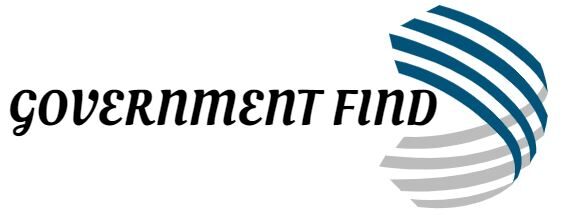
Welcome, fellow government enthusiasts! I’m Jack, and today I’m diving into the topic of policies governing services for students with disabilities. This is an important and often overlooked aspect of our government’s role in ensuring equal access to education for all students.
Legal Framework
The legal framework governing services for students with disabilities is primarily comprised of the Individuals with Disabilities Education Act (IDEA). This federal law ensures that eligible children with disabilities receive free appropriate public education (FAPE) tailored to their individual needs. It also outlines the requirements for Individualized Education Programs (IEPs) and sets the groundwork for services such as special education, related services, and accommodations.
Additionally, Section 504 of the Rehabilitation Act and the Americans with Disabilities Act (ADA) protect students with disabilities from discrimination and mandate accessibility to facilities and services in schools.
Challenges and Advocacy
Despite these legal mandates, challenges persist in ensuring that students with disabilities receive the support they need. Funding shortages, inconsistent implementation of policies, and lack of awareness among educators and administrators are common hurdles. Advocacy groups and activists play a crucial role in raising awareness, lobbying for improved policies, and holding institutions accountable.
State-Level Variances
It’s important to note that while federal laws provide a baseline, states have their own additional regulations and programs governing services for students with disabilities. This can lead to disparities in resources and support depending on where a student resides. Understanding these state-level variances is key to identifying areas for improvement and advocating for change at the local level.
Share Your Thoughts
I hope this overview has provided insight into the complex landscape of policies governing services for students with disabilities. Do you have personal experiences or thoughts on this topic? Feel free to share your perspective in the comments below! Let’s continue the conversation and work towards inclusive and equitable education for all.
If you have any questions or suggestions for future blog topics, don’t hesitate to leave a comment. Your input is valuable and helps shape the content of this blog.
